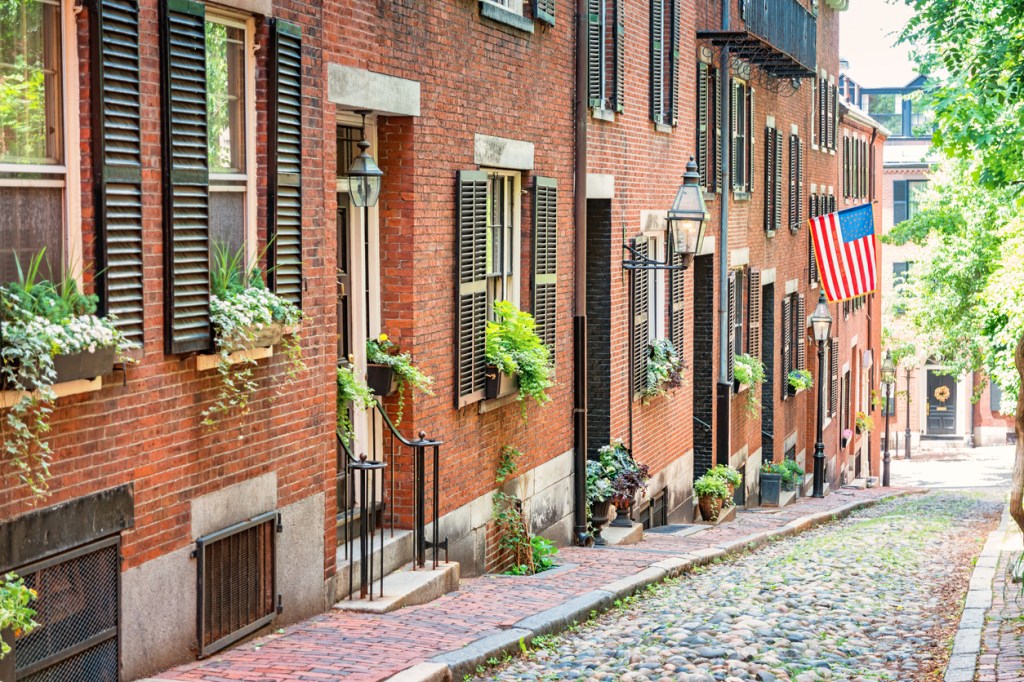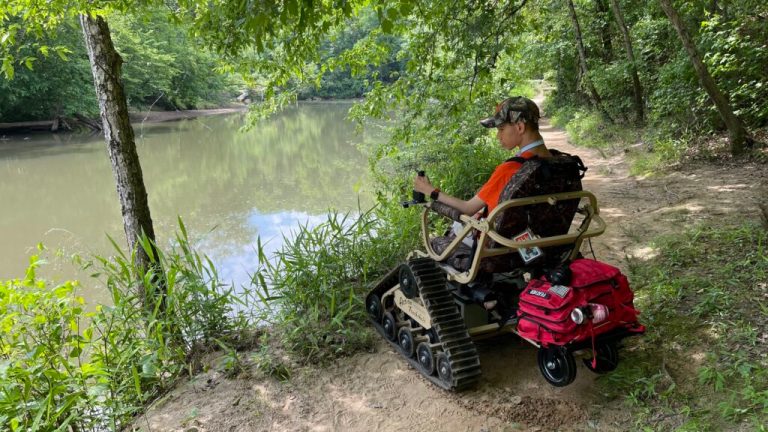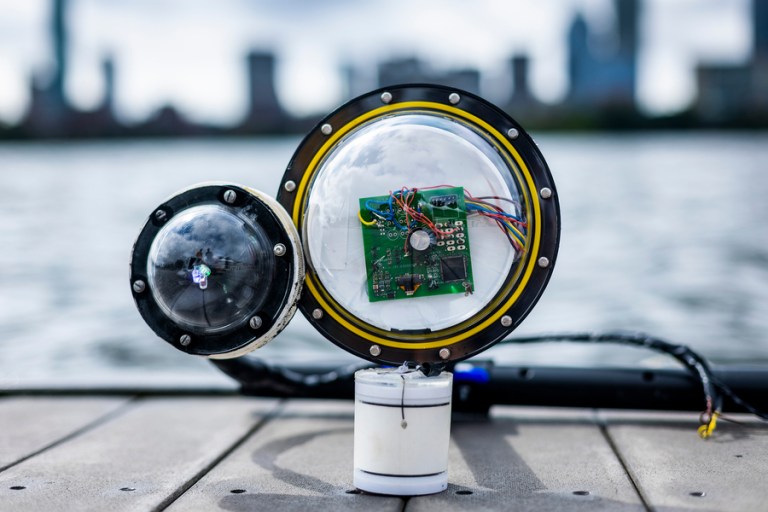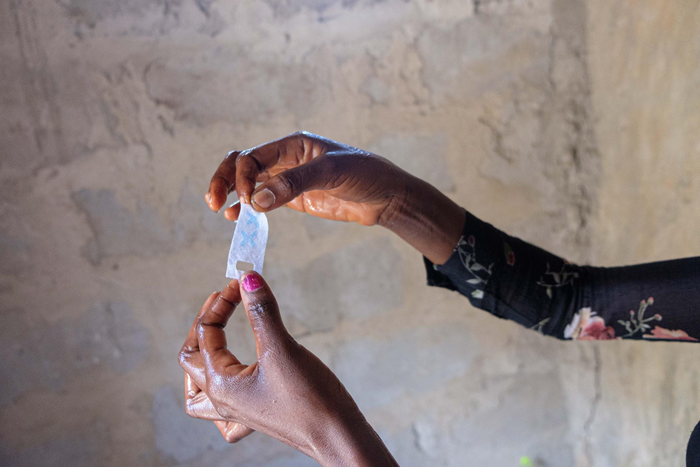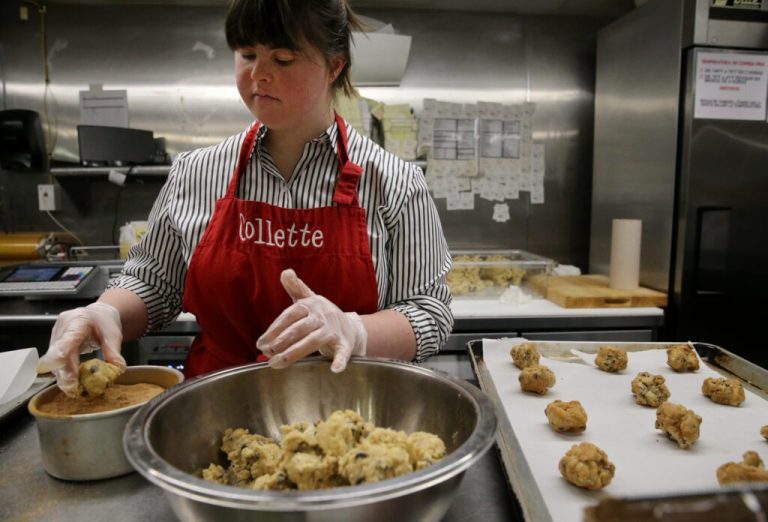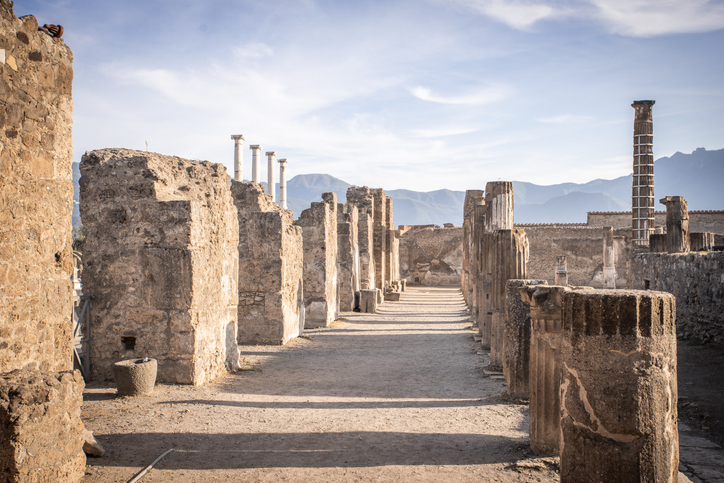Heating your home during the winter can be costly, especially when utility prices are already high. The fossil fuels used to do so come with other caveats as well. Residential homes and businesses accounted for 13% of greenhouse gas emissions in 2020, and much of that came from heating and cooling. Aeroseal, an Ohio-based company, is aiming to reduce that statistic — and ease the strain on homeowners’ wallets in the process.
Currently servicing at least 30 countries, Aeroseal locates and seals leaks in houses and commercial spaces from inside the walls, reducing the amount of air that escapes and therefore making the structures more energy efficient.
Leaky air ducts are especially common in older homes, so they can be particularly inefficient and expensive to maintain. Government-backed program Energy Star reports that leaky ducks can decrease heating and cooling efficiency by as much as 20%. Sealing the leaks not only reduces overall emissions, which helps to combat climate change, but it also makes it cheaper to heat and cool the home. According to the U.S. Department of Energy, leaky ducts can add hundreds of dollars a year to gas and electric bills.
But because most air ducts are inside walls, homeowners may have a difficult time realizing when they’re leaking, and thus fixing them if they are. Aeroseal addresses this by working within the ducts themselves, without having to cut into the walls, a process CNBC compared to fixing a flat tire.
“What we have done is we have found a way to seal the air ducts in the building envelope without physically getting access to the leaks,” CEO Amit Gupta explained to the outlet. Instead, the system uses a fan to pressurize the ducts, then injects microparticles made of a non-toxic water and vinyl acetate emulsion that automatically cling to any gaps.
Beginning with a “breakthrough” invention in co-founder Mark Modera’s California garage in 1993, according to Aeroseal’s website, the technology gained traction after he teamed-up with industry leader Gupta. As of November, the company had raised around $30 million in venture capital funds.
“Everybody should fix this,” Gupta told CNBC. “Not only [will they] make their house comfortable, they will also make their house more healthy because they won’t be sucking in air from attics or from the crawlspace or between the walls.”
